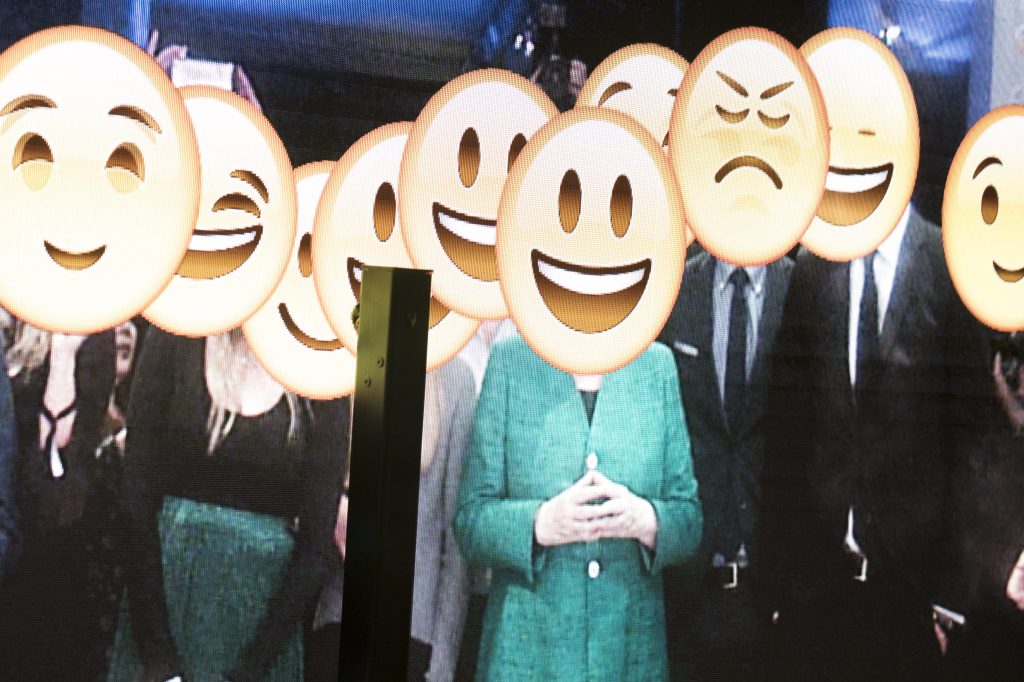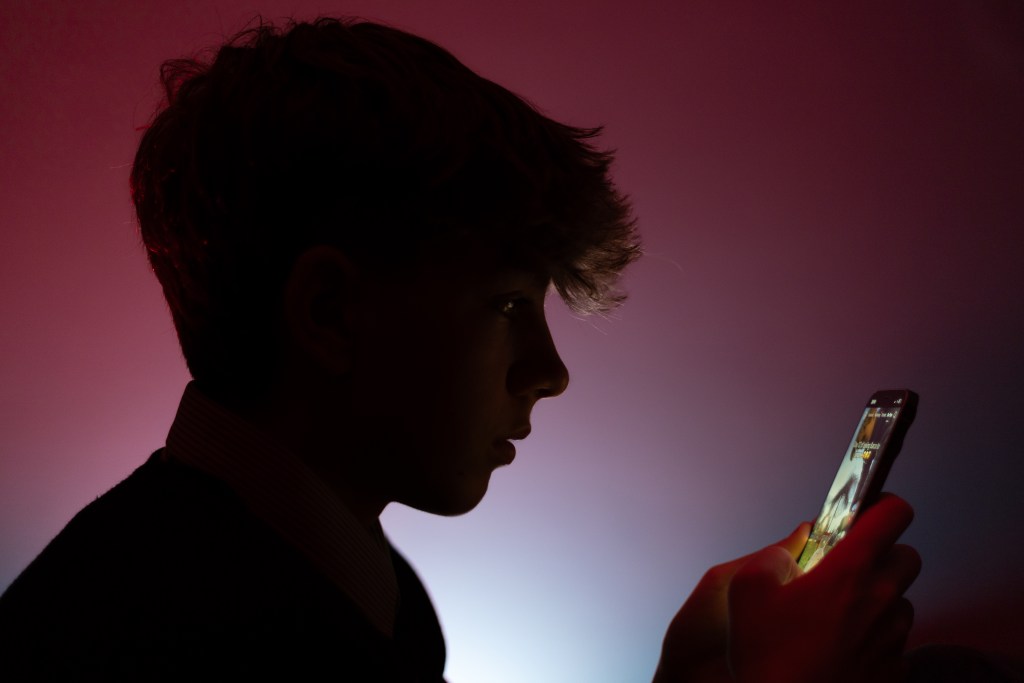An activist hacking group claimed it leaked thousands of Disney’s internal messaging channels (roughly 1.2 terabytes of information), which included information about unreleased projects, raw images, computer codes and some logins.
Nullbulge, the “hacktivist group,” claimed responsibility for the breach in a blog post. It said it published data
Register for free to keep reading
To continue reading this article and unlock full access to GRIP, register now. You’ll enjoy free access to all content until our subscription service launches in early 2026.
- Unlimited access to industry insights
- Stay on top of key rules and regulatory changes with our Rules Navigator
- Ad-free experience with no distractions
- Regular podcasts from trusted external experts
- Fresh compliance and regulatory content every day













